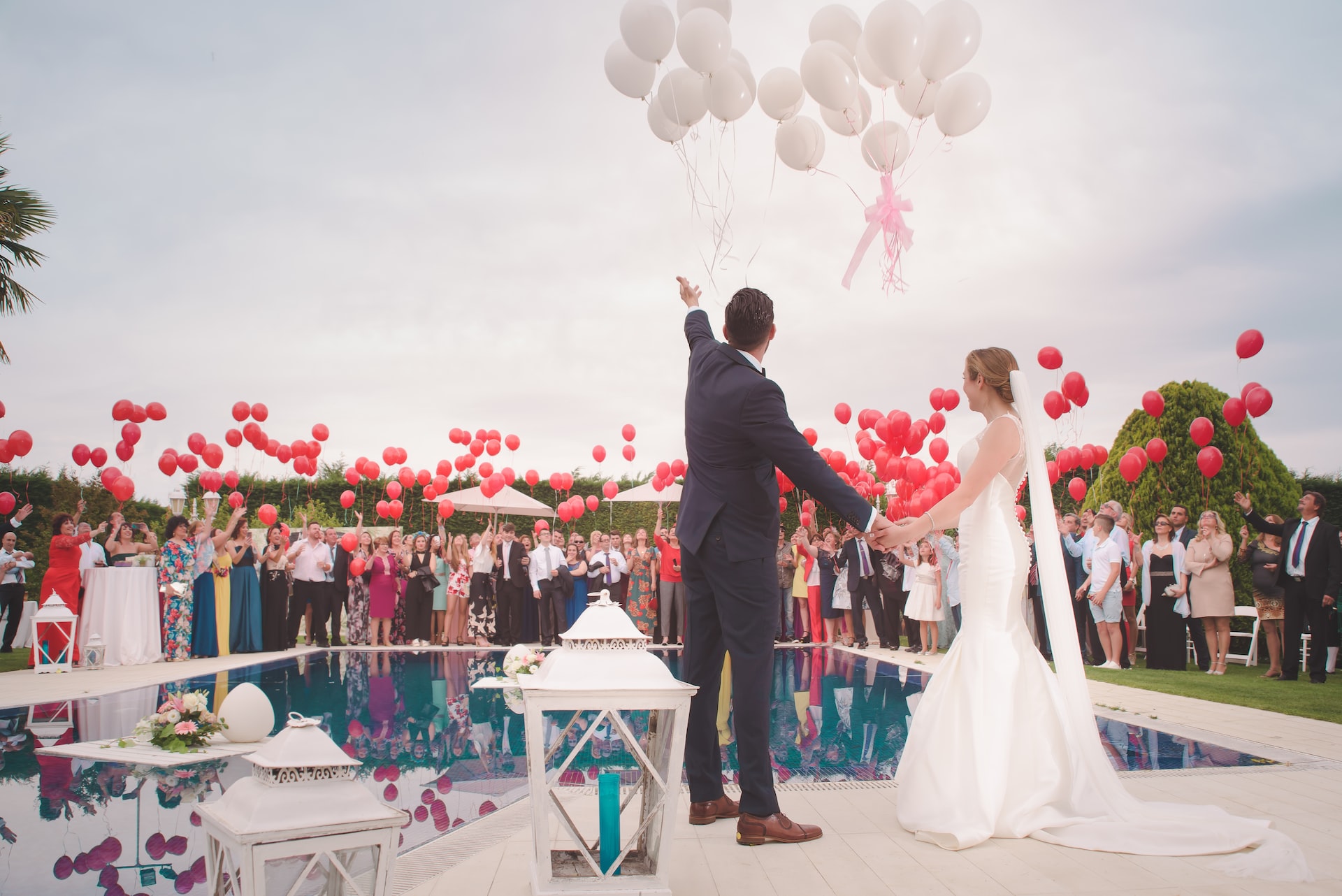Dubai is renowned worldwide as a top choice for expatriates seeking an exceptional living experience. With its vibrant culture, breathtaking landscapes, and abundant opportunities for personal and professional growth, it’s no wonder why so many expats are drawn to this city. If you’re an expat living in Dubai and planning to take the leap into marriage, you must familiarize yourself with the specific requirements and procedures involved. Getting married in Dubai as an expat can be a unique process. This comprehensive guide will provide you with all the essential information you need to navigate Dubai’s marriage requirements and procedures successfully.
Legal Requirements for Expats Getting Married in Dubai
If you are an expat planning to get married in Dubai, it is essential to understand the legal requirements involved. These requirements apply to all individuals, regardless of their nationality or place of origin, who wish to marry in Dubai:
1. Age: According to UAE law, both parties must have reached the legal age for marriage.
2. Certificate of No Impediment (CNI): Both parties must visit their respective embassies in Dubai to obtain a CNI. This certificate confirms neither party is married and is mandatory for non-Muslim marriages in Dubai.
3. Consent of the Bride: The bride’s consent is required for the marriage.
4. Emirates IDs and Passports: Both partners must have valid Emirates IDs and passports.
5. UAE Residency Visa: At least one party to the marriage contract (either the groom, bride, or bride’s guardian) must hold a valid UAE residency visa.
6. Pre-Marital Health Screening Certificate: The bride and groom must obtain a valid pre-marital health screening certificate from a DHA primary healthcare center.
7. Witnesses: The couple must bring two witnesses over 21 years old with valid passports.
It is important to note that Muslim marriages in Dubai follow different regulations and procedures. If either party is Muslim, they must obtain a marriage certificate from the Sharia Court in Dubai and adhere to Islamic marriage laws.
Required Documents for Marriage in Dubai
To ensure a smooth process, gathering all the necessary documents is crucial. The required documents may vary based on nationality, religion, and residency status. Here are some common documents needed for expats getting married in Dubai:
– Passport copies of both partners
– UAE residency visas for both partners
– Emirates ID cards for both partners
– Birth certificates for both partners
– Divorce certificate (if either partner has been previously married)
– Death certificate of previous spouse (if either partner is widowed)
– Certificate of marital status (for non-Muslims)
All documents must be attested by the relevant authorities in your home country and then by the UAE embassy in that country.
Procedures for Getting Married in Dubai
To have a hassle-free wedding experience, following the proper procedures for getting married in Dubai is essential. Here is an overview of the typical process:
1. Eligibility: Ensure both parties meet the eligibility criteria per UAE laws and have the necessary documents, such as passports and residency visas.
2. Marriage Registration: The couple must register their marriage with the Dubai Courts. This involves filling out an application form and submitting required documents, including passports, birth certificates, and pre-marital medical certificates. Authorized medical centres issue medical certificates after conducting blood tests to check for infectious diseases. Non-Muslim couples must first get married in a church or embassy and then register their marriage with the Dubai Courts.
3. Marriage Certificate: Once the application is approved, the couple receives a valid marriage certificate throughout the UAE.
4. Religious Ceremony (Optional): Couples may choose to have a religious ceremony to celebrate their marriage, which can occur at their place of worship or a chosen venue. However, ensuring that the ceremony complies with UAE laws and regulations is vital.
New Civil Marriage license Requirements for Non-Muslim Expats in Dubai
The UAE has introduced a new non-Muslim family court that came into effect in February 2023, specifically for expats. This court operates under Federal Law No. 41 of 2022 (UAE Personal Status Law) and introduces changes to the civil marriage license requirements for non-Muslim expats in Dubai. Here are the updated prerequisites and conditions for obtaining a civil marriage license:
Prerequisites for Civil Marriage License:
– Both individuals involved in the union must not be Muslims.
– At least one party to the marriage must be a resident of Dubai.
– The applicant must be at least twenty-one years old. They need to provide a certified marriage certificate from the embassy of their country of origin to confirm their single status.
– The applicants must appear in person or be represented by a representative with power of attorney.
– All original identification and other electronic paperwork must be submitted in PDF format.
– The applicants must include their Emirates ID, original passport, and a copy of their Dubai residence permit when submitting their applications.
– All documents must be verified by the UAE Ministry of Foreign Affairs and International Cooperation and lawfully translated into Arabic by a ministry-accredited company.
Conditions for Non-Muslim Expats Getting Married in Dubai:
– Both individuals must be at least 21 years old, and their age must be confirmed using a document issued by their country of nationality.
– In the presence of the authentication judge, both partners must express their willingness to marry and confirm that there are no legal obstacles to the marriage.
– Both partners must sign the declaration form.
– Marriage between siblings or with children, grandchildren, or uncles is not permitted.
For further information and guidance, it is recommended to consult a marriage lawyer at Dubai Court Marriage, who can provide assistance and answer any specific queries related to the new civil marriage license requirements for non-Muslim expats in Dubai.









Leave a Reply